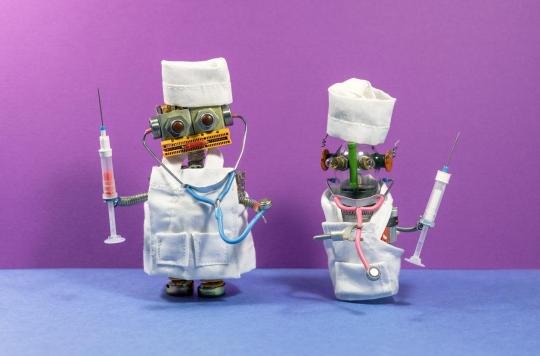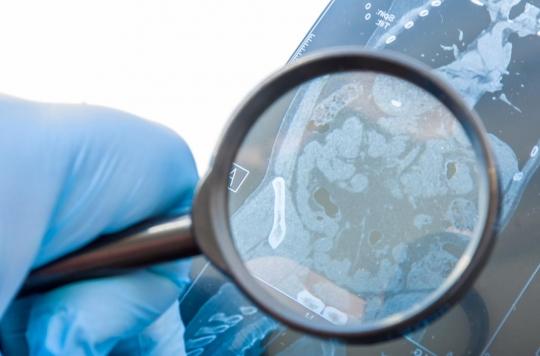A complete remission of the disease must go through both the suppression of inflammation and the reconstitution of a healthy microbiota.

- Ulcerative colitis (or “UCH”) is a chronic inflammation of the intestinal mucosa (inner lining of the intestine).
- The usual treatments aim to suppress the inflammation, but lead to a low rate of remission and do not prevent relapses.
This is a hope for many patients. French researchers have just demonstrated that a dual therapy would be effective in treating ulcerative colitis.
A very debilitating disease
Ulcerative colitis is a very debilitating chronic inflammatory disease, which can lead to the development of colon cancer. Today considered incurable, its causes are poorly understood and existing treatments give variable results.
To overcome this lack of curative means, an Inrae team analyzed data from 353 patients, showing the existence of four different states of the intestinal microbiota and four levels of inflammation. By constructing a model from these data, the scientists predict that acting both on inflammation (anti-inflammatory treatment) and on the state of the microbiota (microbiota transplant for example) would significantly increase the chances of remission of the patient.
New perspectives
“These results, published in the journal Gastroenterology, open new perspectives for the development of personalized dual therapy strategies, combining the two types of treatment”, comments Inrae in a press release.
Ulcerative colitis affects one in 500 people in North America and northern Europe, and is on the rise in developing countries.

.










-1604660468.jpg)




